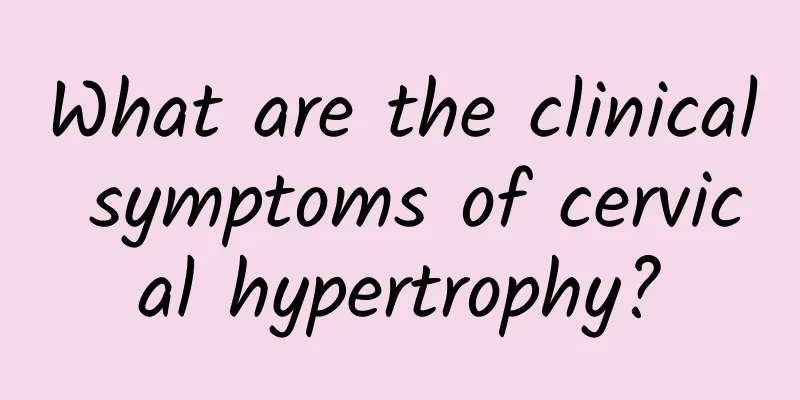What foods are good for adenomyosis?

|
For patients with adenomyosis, diet can be used as an auxiliary conditioning part. It is recommended to consume anti-inflammatory, fiber-rich and nutritionally balanced foods, such as dark vegetables, fruits, fish and whole grains. At the same time, high-sugar, high-fat and irritating foods should be avoided. 1. Increase your intake of anti-inflammatory foods Adenomyosis is a disease associated with chronic inflammation, so consuming anti-inflammatory foods can help relieve symptoms. Eat more deep-sea fish rich in omega-3 fatty acids, such as salmon and sardines, which can reduce the body's inflammatory response. Dark green vegetables such as spinach and broccoli are rich in vitamins A and C, which help boost immunity while reducing inflammation. Turmeric is also widely believed to have anti-inflammatory effects and can be added to daily cooking in moderation. 2. Choose low-fat, high-fiber foods A high-fat diet may increase estrogen levels and worsen the symptoms of adenomyosis. Patients are advised to reduce their intake of red meat and high-fat dairy products and switch to plant proteins such as beans and lentils and whole grains rich in dietary fiber such as oats, brown rice, and whole wheat bread. Fiber can also help the body eliminate excess estrogen, thereby reducing the risk of worsening the condition. 3. Eat foods rich in iron and B vitamins Adenomyosis is often accompanied by menorrhagia, which may cause anemia. It is recommended to consume iron-rich foods such as animal liver, lean beef and spinach to replenish blood needs. At the same time, B vitamins, especially B6 and folic acid, can improve hormone metabolism and relieve fatigue caused by menstrual bleeding. Whole grains, bananas, avocados, etc. are common sources of B vitamins. 4Avoid irritating and high-sugar foods Caffeinated beverages such as coffee, strong tea, alcohol and high-sugar snacks can aggravate hormonal fluctuations and inflammatory responses. Patients with adenomyosis should try to avoid such foods and instead choose warm drinks such as chrysanthemum tea and rose tea to soothe the mood and relieve dysmenorrhea. Overall, there is no specific "cure food" for adenomyosis. Dietary adjustments are more to help improve symptoms and enhance the body's immunity. Considering individual differences and the stage of the disease, patients should prioritize a balanced diet, increase exercise appropriately, and insist on blood tests. If symptoms continue to worsen, you should consult a professional doctor as soon as possible. |
<<: Are uterine fibroids serious? What are the dangers?
>>: At what age can adults get the flu vaccine?
Recommend
Three common misunderstandings about dysmenorrhea that you don’t know
When it comes to dysmenorrhea, most female friend...
Where does the menstrual blood go in uterine adhesions?
Where does the menstrual blood go in case of intr...
We should pay attention to the understanding of the dietary taboos of vaginitis
For most patients with vaginitis, they know that ...
Do you know who is suitable for abortion?
Do you know about abortion? Do you know who is su...
What are the main symptoms of acute cervicitis?
The symptoms of cervicitis can generally be divid...
What are the common causes of cervical erosion?
Cervical erosion is the most common disease among...
Remedies for menstrual rash
Menstrual rash is a common menstrual disease in w...
Seize the end of summer! 10 simple lifestyle tips for losing weight
If you can lose weight while eating, drinking and...
What are the causes of threatened abortion?
In order to have a smart and healthy baby, family...
What harm will irregular menstruation bring to female friends?
What harm will irregular menstruation bring to fe...
What is the impact of left ovarian cyst on women? Will it affect fertility?
A woman's greatest pride is to be a mother, b...
Causes of different sizes of endometrial tuberculosis
We must correctly grasp the cause of endometrial ...
Several infection routes of bacterial vaginosis
Understanding the transmission routes of bacteria...
What should I eat if I have cervical erosion?
Diet is very important for patients with cervical...
The main cause of pelvic inflammatory disease is poor hygiene.
Pelvic inflammatory disease is a common gynecolog...









